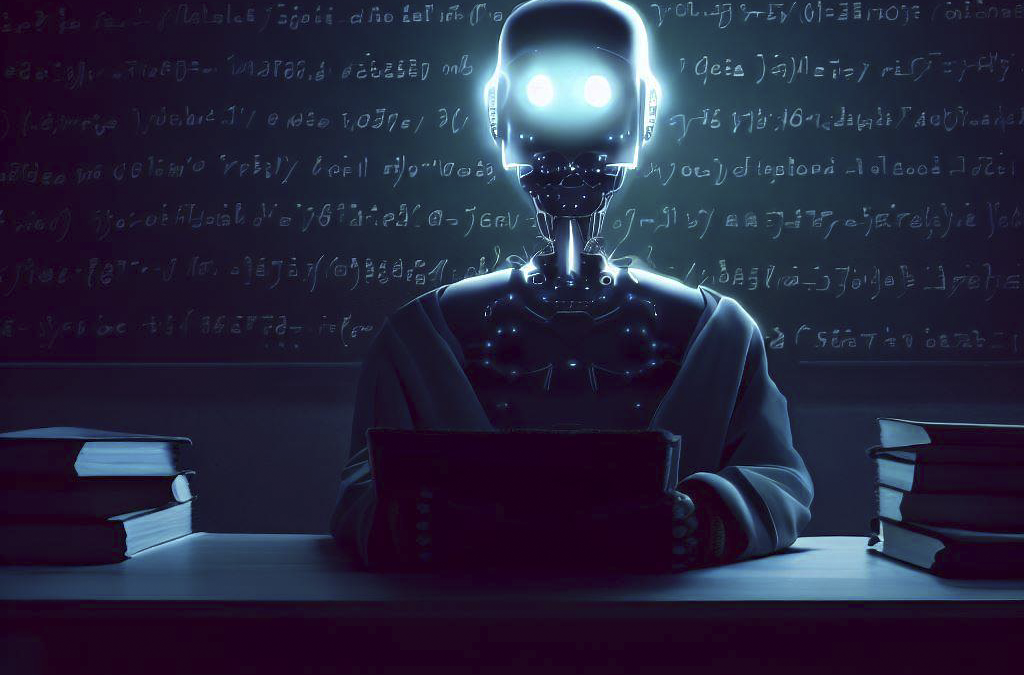Artificial intelligence has been making its way into various sectors, including education, offering numerous benefits such as personalized learning experiences and adaptive curricula. However, it’s essential to consider the potential negative impacts of AI in education to ensure responsible implementation and safeguard the best interests of students and educators.
One concern is the widening of the digital divide. AI-driven educational tools often require a reliable internet connection and access to digital devices. Consequently, students from economically disadvantaged backgrounds or those living in remote areas may struggle to access these resources. This digital divide may exacerbate existing educational inequalities, with students who lack access to AI tools falling further behind their peers.
Privacy is another major issue. AI systems in education often rely on collecting and analyzing vast amounts of student data, including personal information, academic records, and online activity. This raises concerns about the privacy and security of sensitive student data. Data breaches and unauthorized access to student information can have severe consequences, including identity theft and potential discrimination based on the data collected.
While AI has the potential to enhance the learning experience, overreliance on technology may detract from the importance of human interaction and critical thinking skills. Students may become too dependent on AI-driven tools, leading to a lack of interpersonal communication skills and reduced ability to think critically and solve problems independently.
One of the core aspects of education is the relationship between teachers and students. With the increasing use of AI-driven tools, there is a risk that students may miss out on the valuable guidance, empathy, and support that a human teacher can provide. This loss of connection can negatively impact students’ emotional and social development and hinder the cultivation of essential life skills.
Algorithmic bias is another significant concern. AI algorithms are only as unbiased as the data they are trained on. If the training data contains inherent biases, AI-driven educational tools may inadvertently perpetuate and amplify these biases. This can lead to unfair treatment of certain student groups, negatively impacting their educational experience and opportunities.
Lastly, job displacement for educators is a potential risk. As AI becomes more sophisticated and capable of handling various educational tasks, there is a concern that educators’ roles may become redundant. While AI may not replace teachers entirely, it could lead to job displacement, particularly for educators in specialized or support roles.
In conclusion, while AI undoubtedly offers significant potential benefits for the education sector, it is crucial to consider the potential negative impacts. By addressing these concerns and fostering responsible AI development and deployment in education, we can ensure that technology enhances human potential and well-being, without compromising the essential aspects of the educational experience.

